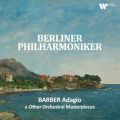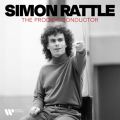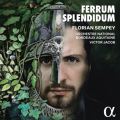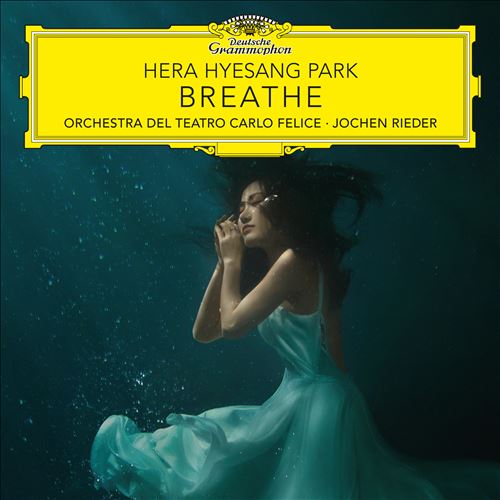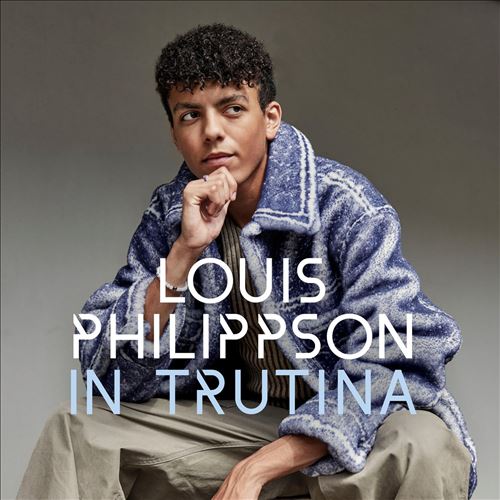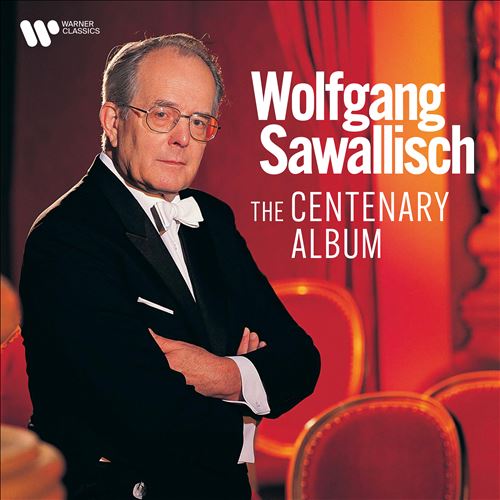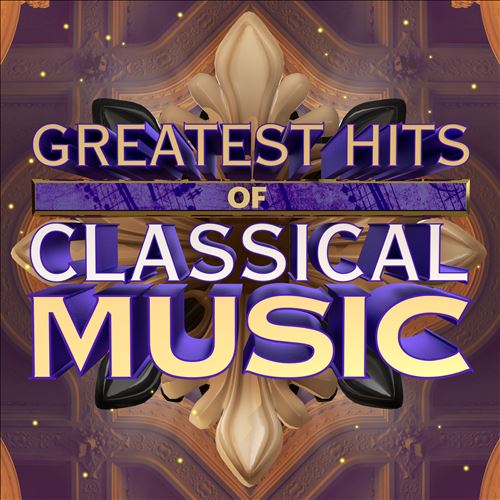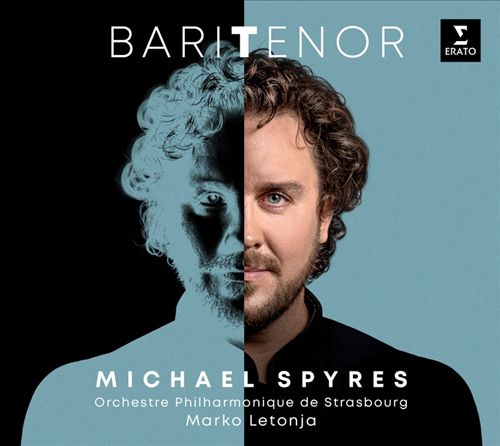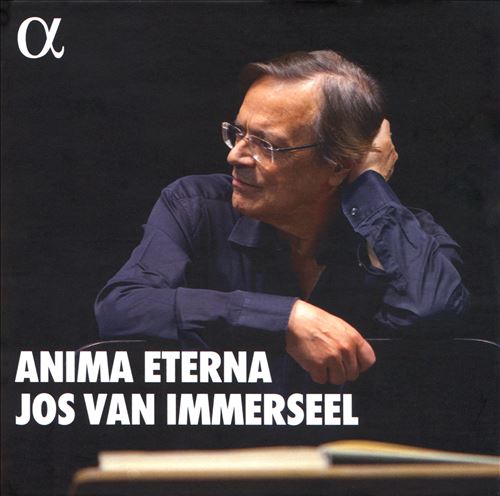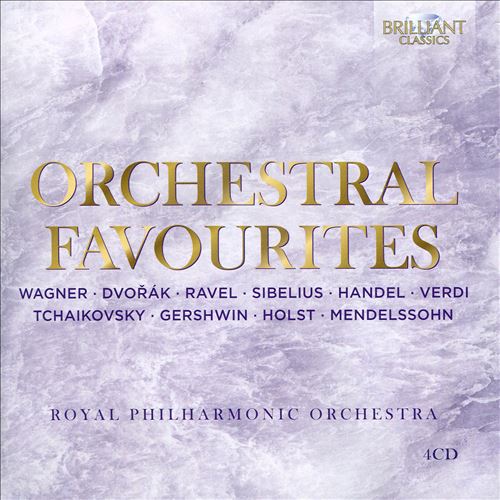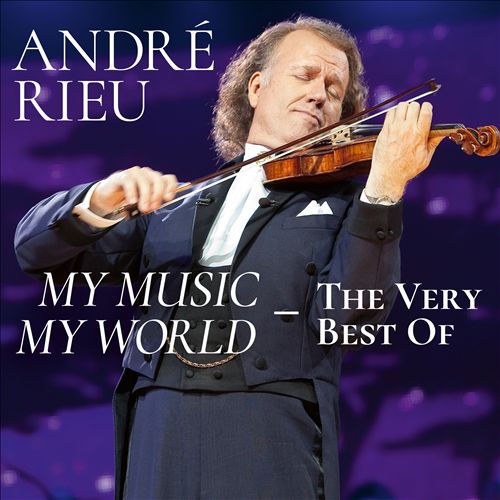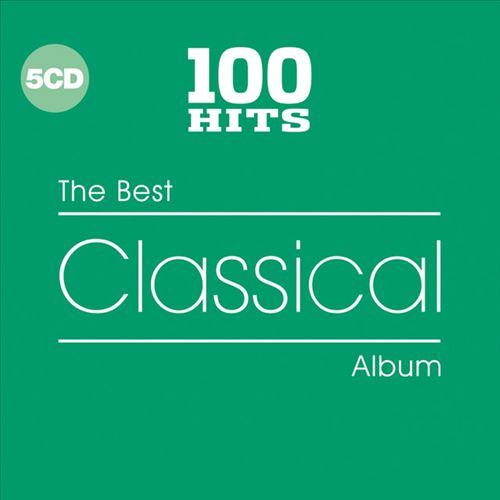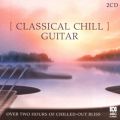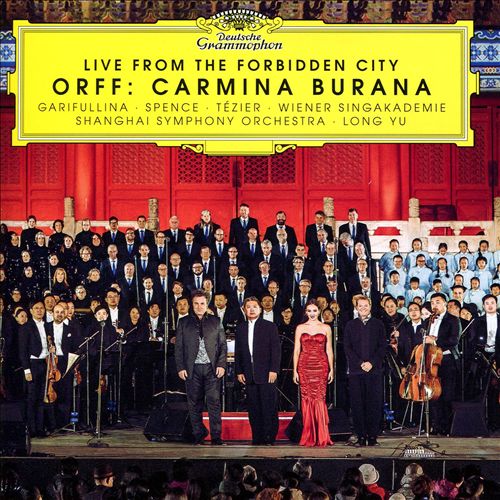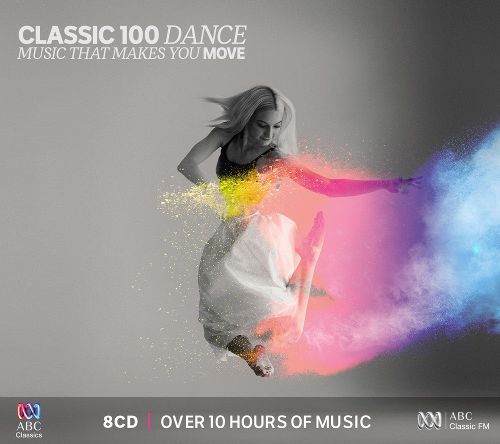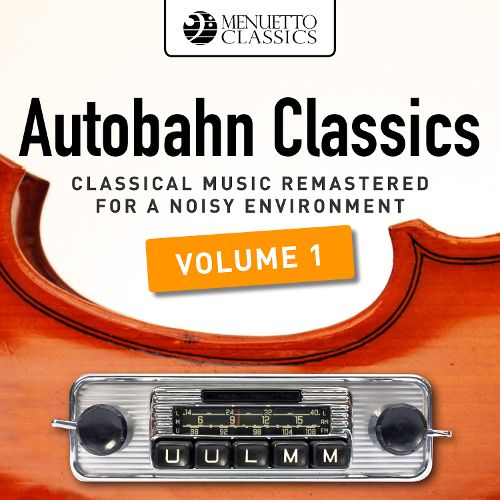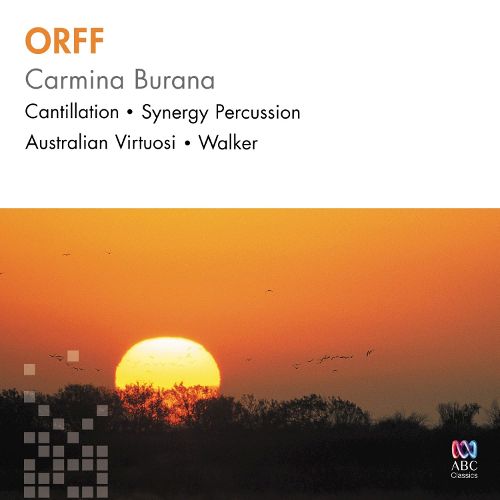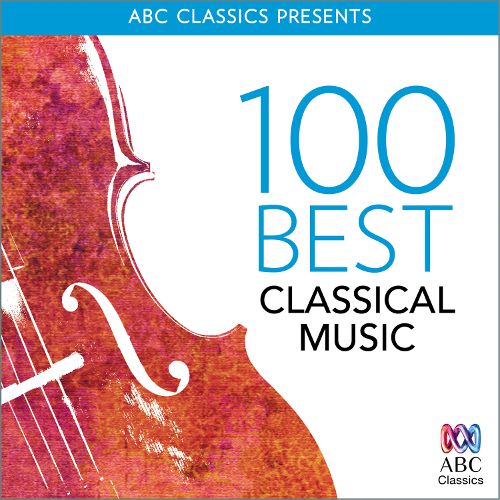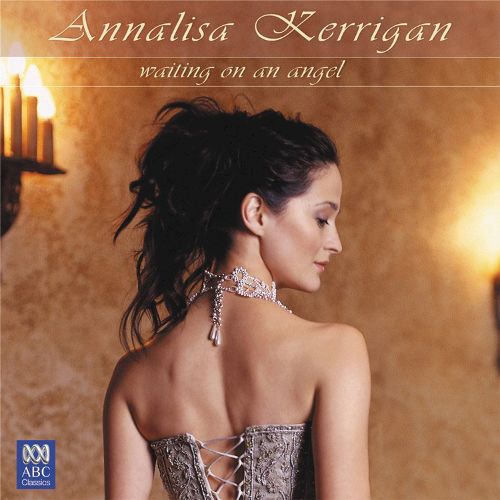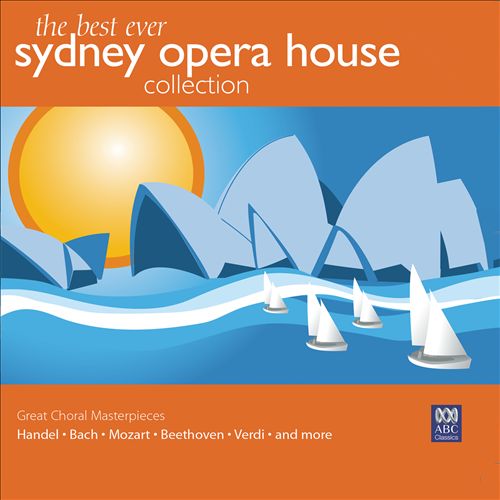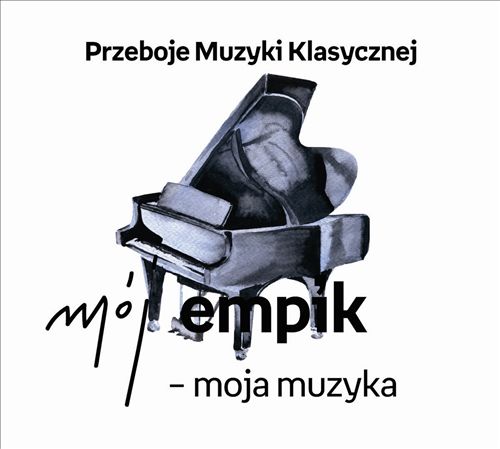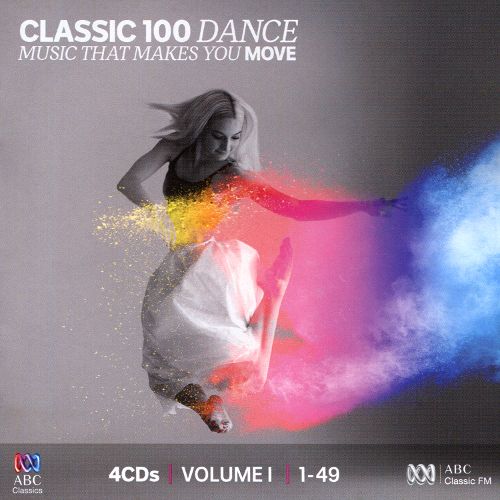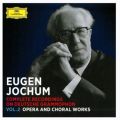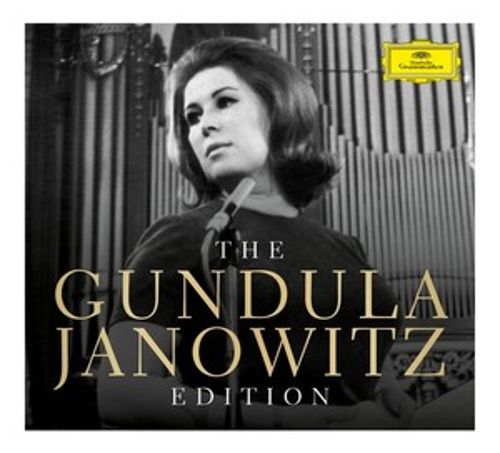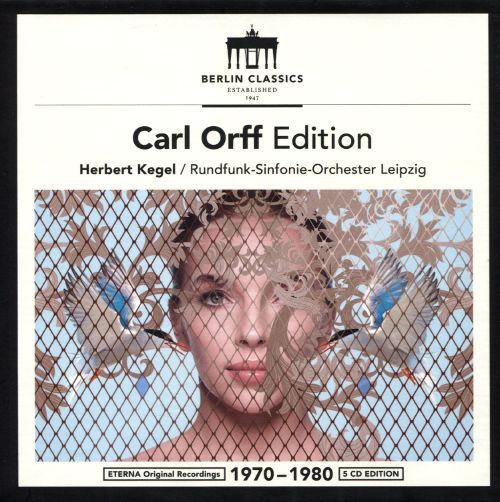Carl Orff (칼 오르프)
Carmina Burana
100
10,000
1,400
WORK INFO
작곡가: Carl Orff (칼 오르프)작곡년도: 1935 - 1936평균연주: 59:32악장1Fortuna imperatrix mundi : O Fortuna2:382Fortuna imperatrix mundi : Fortune plango vulnera2:423Part 1, Primo vere : Veris leta facies3:544Part 1, Primo vere : Omnia Sol temperal2:105Part 1, Primo vere : Ecce gratium2:436Part 1, Uf dem Anger : Tanz1:457Part 1, Uf dem Anger : Floret silva3:188Part 1, Uf dem Anger : Chramer, gip die varwe mir3:269Part 1, Uf dem Anger : Reie2:5910Part 1, Uf dem Anger : Swaz hie gat umbe - Chume, chum geselle min3:0511Part 1, Uf dem Anger : Were diu werit alle min0:5612Part 2, In taberna : Estuans interius2:2713Part 2, In taberna : Olim lacus colueram3:2714Part 2, In taberna : Ego sum abbas1:3415Part 2, In taberna : In taberna quando sumus3:0916Part 3, Cours d'Amour : Amor volat undique3:1917Part 3, Cours d'Amour : Dies, nox et omnia2:2118Part 3, Cours d'Amour : Stetit puella2:0219Part 3, Cours d'Amour : Circa mea pectora2:0720Part 3, Cours d'Amour : Si puer cum puellula0:5921Part 3, Cours d'Amour : Veni, veni, venias1:0122Part 3, Cours d'Amour : In trutina2:1723Part 3, Cours d'Amour : Tempus est iocundum2:1824Part 3, Cours d'Amour : Dulcissime0:4425Part 3, Blanziflor et Helena : Ave formosissima1:5026Fortuna imperatrix mundi : O Fortuna2:44Carmina Burana is a scenic cantata composed by Carl Orff in 1935 and 1936, based on 24 poems from the medieval collection Carmina Burana. Its full Latin title is Carmina Burana: Cantiones profanæ cantoribus et choris cantandæ comitantibus instrumentis atque imaginibus magicis (Songs of Beuern: Secular songs for singers and choruses to be sung together with instruments and magic images). Carmina Burana is part of Trionfi, a musical triptych that also includes Catulli Carmina and Trionfo di Afrodite. The first and last movements of the piece are called "Fortuna Imperatrix Mundi" (Fortune, Empress of the World) and start with the very well known "O Fortuna".
In 1934, Orff encountered the text for this work in the 1847 edition of the Carmina Burana by Johann Andreas Schmeller, the original text dating mostly from the 11th or 12th century, including some from the 13th century. Michel Hofmann (de), then a young law student and Latin and Greek enthusiast, assisted Orff in the selection and organization of 24 of these poems into a libretto, mostly in Latin verse, with a small amount of Middle High German and Old Provençal. The selection covers a wide range of topics, as familiar in the 13th century as they are in the 21st century: the fickleness of fortune and wealth, the ephemeral nature of life, the joy of the return of Spring, and the pleasures and perils of drinking, gluttony, gambling and lust.From WIKIPEDIA
RELEASED ALBUMS
-
Barber Adagio & Other Orchestral MasterpiecesJuly 18, 2025
-
The Roaring SeventiesJanuary 19, 2025
-
The Prodigy ConductorDecember 20, 2024
-
Michael Tilson Thomas: The Complete Columbia, Sony and CBS RecordingsDecember 6, 2024
-
Ferrum SplendidumNovember 29, 2024
-
BreatheMarch 1, 2024
-
MemoriesFebruary 21, 2024
-
In TrutinaFebruary 2, 2024
-
The Centenary AlbumAugust 25, 2023
-
Greatest Hits of Classical MusicApril 29, 2022
-
BariTenorOctober 15, 2021
-
Anima Eterna, Jos Van ImmerseelSeptember 10, 2021
-
Orchestral FavouritesNovember 20, 2020
-
My Music, My World: The Very Best of André RieuSeptember 20, 2019
-
100 Hits: The Best Classical AlbumMay 17, 2019
-
Classical Chill: GuitarApril 19, 2019
-
Orff: Carmina Burana - Live from the Forbidden CityFebruary 1, 2019
-
Classic 100 Dance: Music that Makes You MoveJune 11, 2018
-
Autobahn Classics: Classical Music Remastered for a Noisy Environment, Vol. 1May 11, 2018
-
Orff: Carmina BuranaJanuary 17, 2018
-
100 Best: Classical MusicJanuary 17, 2018
-
Waiting on an AngelJanuary 17, 2018
-
The Best Ever Sydney Opera House Collection: Great Choral MasterpiecesJanuary 17, 2018
-
Cancer: Music by the Great CanceriansJanuary 17, 2018
-
Mój Empik - Moja Muzyka: Przeboje Muzyki Klasycznej2018
-
Classic 100 Dance: Music that Makes You Move, Vol. 12018
-
Complete Recordings on Deutsche Grammophon, Vol. 2December 1, 2017
-
Explosive ClassicsJuly 21, 2017
-
The Gundula Janowitz EditionJuly 14, 2017
-
Carl Orff EditionJune 23, 2017
FEATURED MOVIES
-
 10:01오르프: 카르미나 부라나 Acto ITeatro del Libertador
10:01오르프: 카르미나 부라나 Acto ITeatro del Libertador -
 05:56오르프: 카르미나 부라나 O Fortuna28.03.2012
05:56오르프: 카르미나 부라나 O Fortuna28.03.2012 -
 01:03오르프: 카르미나 부라나 Were diu werlt alle min
01:03오르프: 카르미나 부라나 Were diu werlt alle min -
 02:18오르프: 카르미나 부라나 Estuans interius2009
02:18오르프: 카르미나 부라나 Estuans interius2009 -
 02:12오르프: 카르미나 부라나 Part 3, Stetit puella2011
02:12오르프: 카르미나 부라나 Part 3, Stetit puella2011 -
 14:17오르프: 카르미나 부라나
14:17오르프: 카르미나 부라나 -
 03:46오르프: 카르미나 부라나 O Fortuna
03:46오르프: 카르미나 부라나 O Fortuna -
 1:16:05오르프: 카르미나 부라나Junio 21 de 2013
1:16:05오르프: 카르미나 부라나Junio 21 de 2013 -
 03:12오르프: 카르미나 부라나 O Fortuna30 aprile 2011
03:12오르프: 카르미나 부라나 O Fortuna30 aprile 2011 -
 03:05오르프: 카르미나 부라나 O Fortuna26 avril 2009
03:05오르프: 카르미나 부라나 O Fortuna26 avril 2009 -
 02:26오르프: 카르미나 부라나 O Fortuna31 December 2004Berliner Philharmoniker's Digital Concert Hall
02:26오르프: 카르미나 부라나 O Fortuna31 December 2004Berliner Philharmoniker's Digital Concert Hall -
 05:34오르프: 카르미나 부라나 O Fortuna
05:34오르프: 카르미나 부라나 O Fortuna -
 1:04:45오르프: 카르미나 부라나2013.09.21
1:04:45오르프: 카르미나 부라나2013.09.21 -
 1:07:30오르프: 카르미나 부라나March 12, 2013Kimball Recital Hall University of Nebraska--Lincoln School of Music
1:07:30오르프: 카르미나 부라나March 12, 2013Kimball Recital Hall University of Nebraska--Lincoln School of Music -
 05:13오르프: 카르미나 부라나 O Fortuna
05:13오르프: 카르미나 부라나 O Fortuna
ALBUM MUSIC
WORKS SHOUTS


